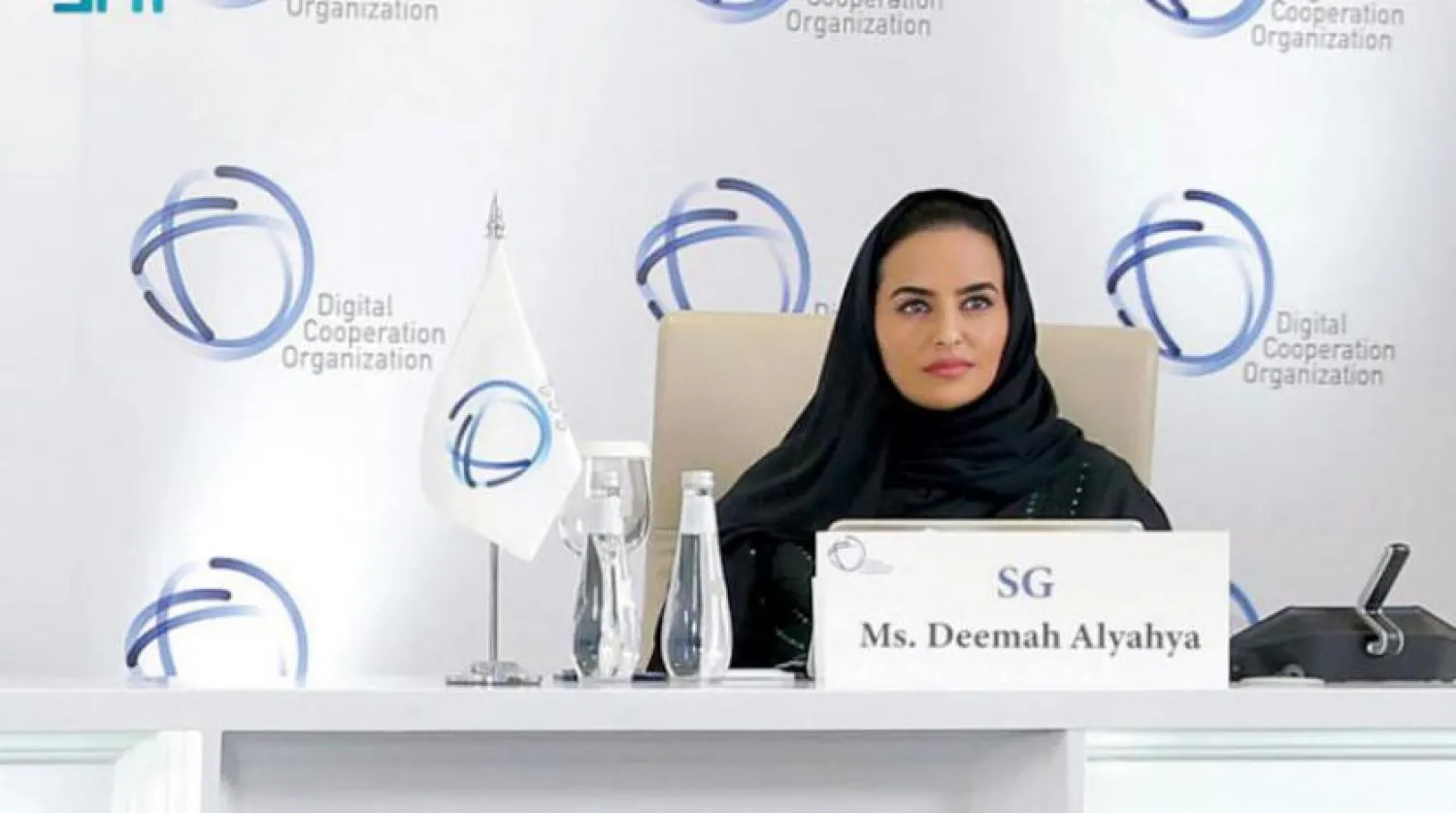Saudi Arabia was elected president of the Digital Cooperation Organization (DCO) and Saudi national Deemah Alyahya was appointed the first secretary-general of the organization during its first meeting on Monday.
The organization also approved the accession of Nigeria and Oman to the organization as founding members.
The first meeting was chaired by Saudi Minister of Communications and Information Technology Abdullah Al-Swaha. Houlin Zhao, secretary-general of the International Communication Union, Gulf Cooperation Council (GCC) Secretary-General Dr. Nayef Al-Hajraf, World Economic Forum President Borge Brende and representatives of different UN programs also attended the meeting.
The meeting approved several initiatives including the establishment of a center to boost coordination on the transfer of data, women’s empowerment and promotion of small and medium enterprises with a focus on digital transformation.
It discussed ways to promote cooperation in all areas driven by innovation and acceleration of growth of digital economy. Gatherers also tackled the organization's governance, organizational structure and future plans.
One of the key functions of the DCO is strengthening collaboration among member nations as they adapt to a global economy increasingly defined by technological innovation.
Through initiatives, member states are advancing solid cooperation in the emerging fields of artificial intelligence, cybersecurity, IoT, big data, 5G, cloud computing and blockchain.
It is estimated that by 2025 the global digital economy will be worth $23 trillion with a GDP share of 24.3%.
This provides the DCO with a great opportunity to build a platform for their tech-savvy youth, women, entrepreneurs and indigenous industry to flourish and compete with their global contemporaries and boost their digital competitiveness.
Established in November 2020, the DCO works on promoting shared digital aspirations among member nations for economic diversification and increasing social prosperity through the growth opportunities available across the digital economy, and public sector digital transformation.
The first five members of DCO included Saudi Arabia, Bahrain, Jordan, Kuwait and Pakistan. Altogether, the seven member states of the DCO constitute an economic bloc worth $2 trillion of the global gross domestic product.









